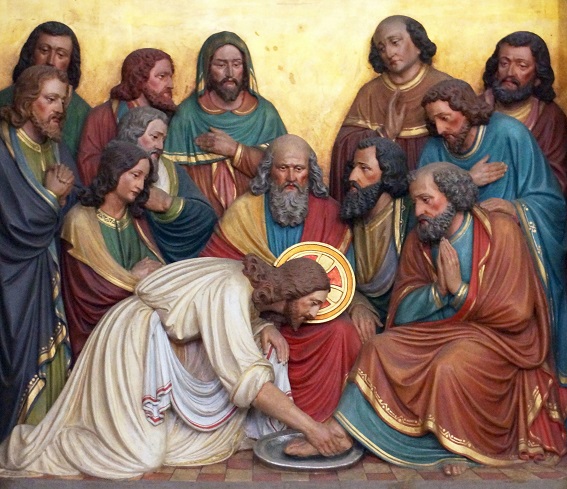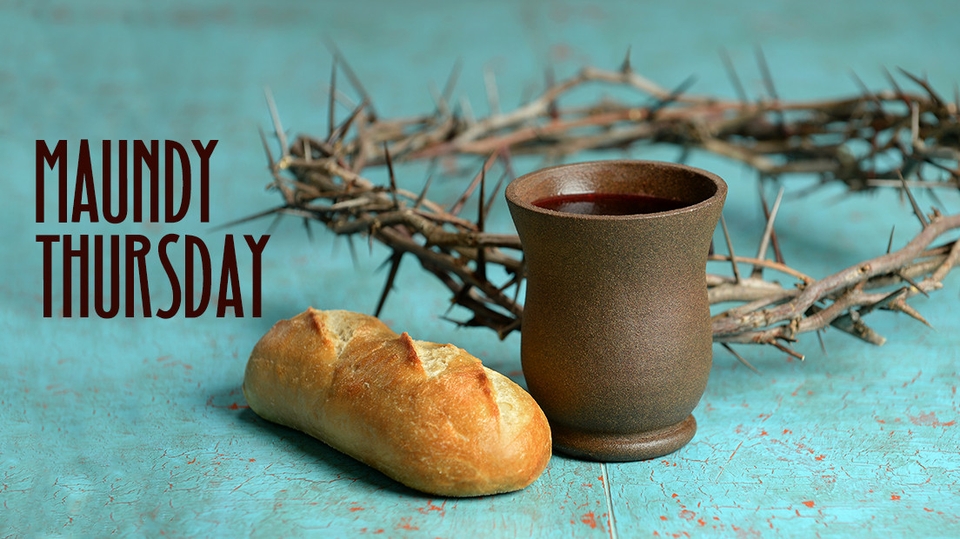Tag: Maundy Thursday
-

Maundy Thursday
Readings: Exodus 12:1-14 | 1 Corinthians 11:23-32 | John 13:1-15, 34-35 Text: Exodus 12:1-14; John 13:1-15 (34-35) “The Nearness of God’s Redemption” In the Passover, God provided salvation from death by the substitute of another. But this couldn’t be the fullness. No lamb could take the place of a person, for how had a lamb…
-

Maundy Thursday
Readings: Exodus 12:1–14 | 1 Corinthians 11:23–32 | John 13:1–15 Text: John 13:1-17, 34-35 This Maundy Thursday, I want to address two things: The connection between the Lord’s Supper and the Passover, and why this night we read about Jesus washing the disciples’ feet and commanding them to love one another. In delivering His people…
-

Maundy Thursday
Text: Mark 14:12-26 Additional Reading: Exodus 24:3–11 | 1 Corinthians 10:16–17 Adapted from “The Mystery of the Lord’s Supper” by Johann Gerhard In the Holy Supper of our Lord, we have a mystery placed before us. Even though it cannot be explained with specific directions, counted in points for your diet, or given nutrition facts…
-
Maundy Thursday (Matthew 26:17-30)
Normally, Maundy Thursday is a night I look forward to as a pastor—imagine that, a holiday in the Church year dedicated to the Lord’s Supper! I love the hymn, “Soul, Adorn Yourself with Gladness.” It brings me to tears as we sing, “Jesus, bread of life, I pray You, Let me gladly here obey You.…
-
Maundy Thursday (John 13:1-15, 34-35)
Bethlehem Lutheran Church, Lebanon, OR Maundy Thursday + April 18, 2019 Text: John 13:1-15, 34-35 When we think about the Lord’s Supper as Christians of the Lutheran confession, we talk a great deal about the nature of the Sacrament (what it is), and how it benefits us personally. And it is necessary for us to…
-

Maundy Thursday (John 13:1-15, 34-35)
Bethlehem Lutheran Church, Lebanon, OR Maundy Thursday + March 29, 2018 Text: John 13:1-15, 34-35 The question of the Passover is, “Why is this night different from all other nights?” The Jewish answer is, “We were slaves to Pharaoh in Egypt, and the Lord, our God, took us out from there with a strong…
-
Maundy Thursday (Matthew 26:17-30)
Bethlehem Lutheran Church, Lebanon, OR Maundy Thursday + April 13, 2017 Text: Matthew 26:17-30 The Sixth Petition “Lead us not into temptation” Tonight, we continue the theme of our Lenten midweek services, taking a closer look at each petition of the Lord’s Prayer. Tonight, we come to the sixth petition, “Lead us not…